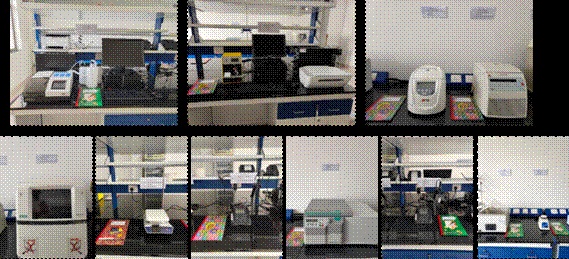Nainital, September 2024: A major step forward in the fight against Parkinson’s disease has been made by a renowned chemist and Vice-Chancellor of Kumaun University, Nainital, Professor Diwan Singh Rawat. After years of rigorous research, Professor Rawat and his team have claimed significant progress toward a cure for Parkinson’s disease, following the successful completion of the first phase of human clinical trials.
The “drug in the making,” according to Professor Rawat, has shown encouraging results in both animal and human trials, raising hopes for a groundbreaking treatment for the neurodegenerative disorder that affects over 10 million people globally. Parkinson’s disease is a chronic condition that progressively impairs motor function, leading to symptoms like tremors, slowed movement, difficulty in walking, and even severe depression. The root cause is the death of dopamine-producing neurons in the brain, which current treatments only manage symptomatically without halting the disease’s progression.
Decade of Research Leading to a Breakthrough
“We initiated this research in 2012 in collaboration with a professor from the United States,” Professor Rawat shared in an interview with IANS. “Designing molecules is what we do as chemists, but transforming those molecules into a viable drug is a task that can take up to 16-18 years.”
The team’s preclinical trials on animals demonstrated promising outcomes, showing that their compound could prevent the death of dopamine neurons—crucial for controlling movement—without causing harmful side effects. The compound activates a neuro-enzyme that plays a vital role in ensuring the survival of these neurons. Following successful animal trials, the technology was transferred for further development in 2021, with clinical trials starting last year after securing regulatory approvals.
Support from International Organizations and Pharmaceutical Giants
Professor Rawat revealed that their research, conducted in collaboration with a hospital in Houston, received funding from the Michael J. Fox Foundation, a prominent organization dedicated to Parkinson’s disease research. Additionally, three major American pharmaceutical companies joined the project, accelerating the drug development process.
“Last year, we initiated the first phase of human clinical trials, and the results have been very promising. Bloomberg also reported that the drug’s toxicity levels are well within acceptable limits,” he said.
Next Steps: Hope for Parkinson’s Patients
The drug is set to enter its second phase of human trials shortly, where its efficacy will be tested on Parkinson’s patients who have volunteered for the study. These trials will closely monitor the drug’s impact on improving symptoms and halting the progression of the disease. Professor Rawat expressed optimism about the drug’s future, stating, “Based on the data and its mechanism of action, we are hopeful that this molecule will soon become a marketable drug. It could represent one of the most significant breakthroughs in Parkinson’s treatment, as no cure currently exists for this debilitating disease.”
Overcoming Challenges
Despite the success, the journey to this point has not been without obstacles. Professor Rawat discussed the challenges his team faced during the patenting and technology transfer process, which slowed down progress before 2020. However, with the critical early phases now completed, the team is poised to move forward with confidence.
Making the Treatment Affordable
While developing a drug of this scale typically costs around $450 million, Professor Rawat emphasized that efforts are being made to ensure the treatment remains affordable and accessible. The involvement of international pharmaceutical companies and continued support from the Michael J. Fox Foundation has made the financial burden more manageable, making it more likely that the drug will reach patients soon after its final phase of trials next year.
If successful, this drug could offer new hope for millions suffering from Parkinson’s disease, providing a treatment that not only manages symptoms but potentially halts the progression of the disease altogether.
As the world watches closely, Professor Rawat and his team remain dedicated to completing the final phase of trials and making this groundbreaking treatment available to those who need it most.












